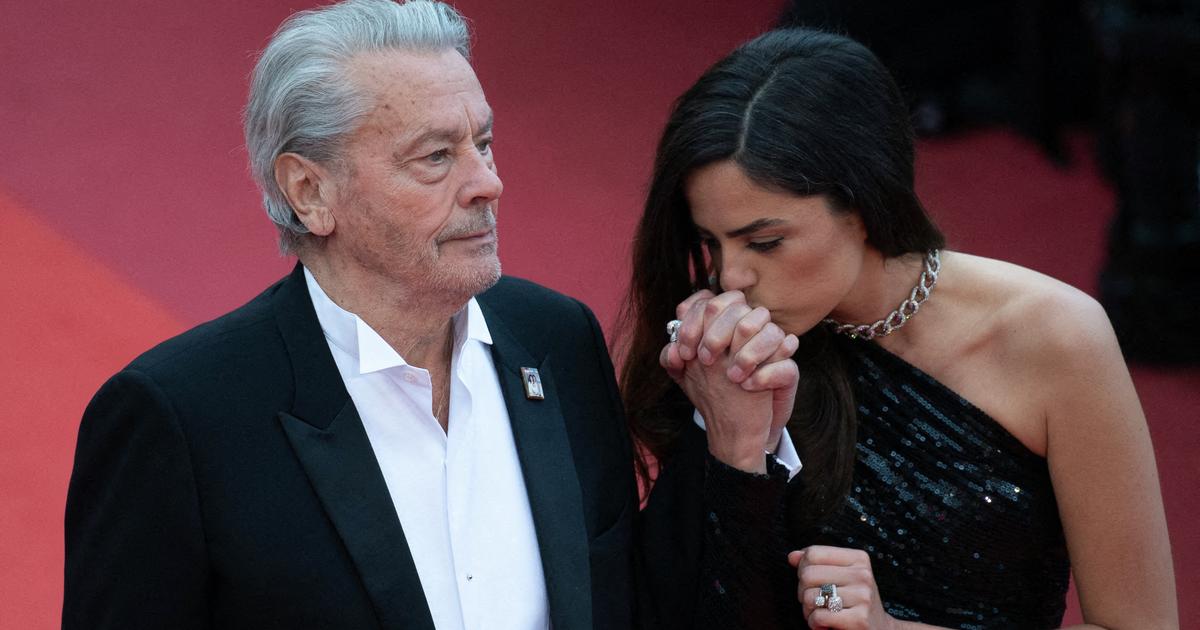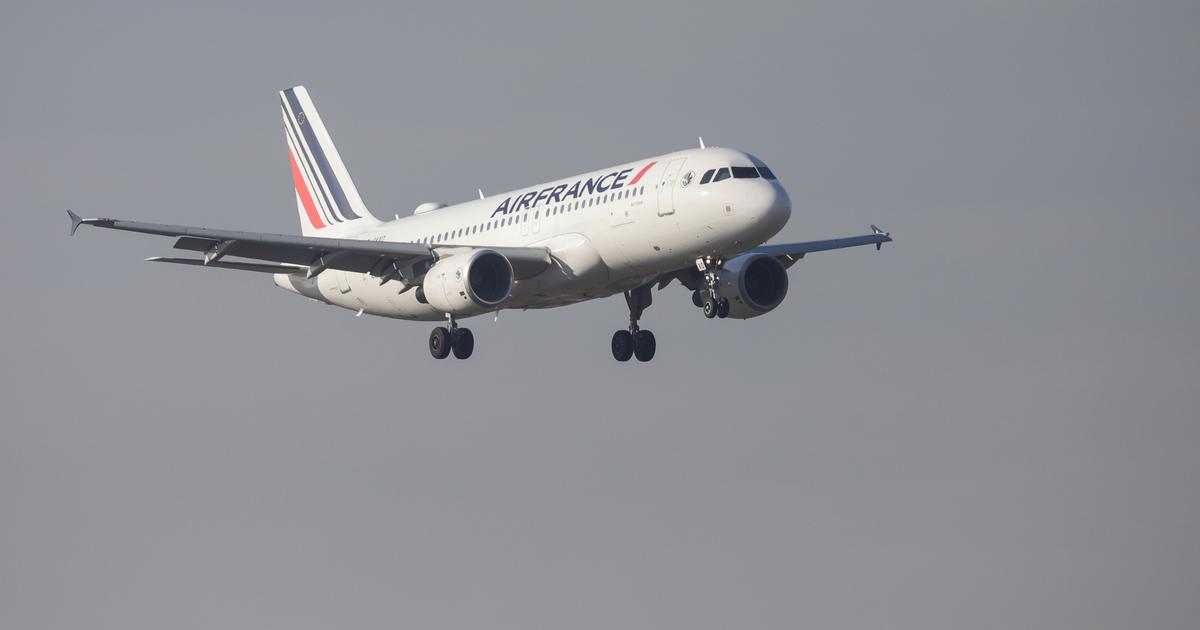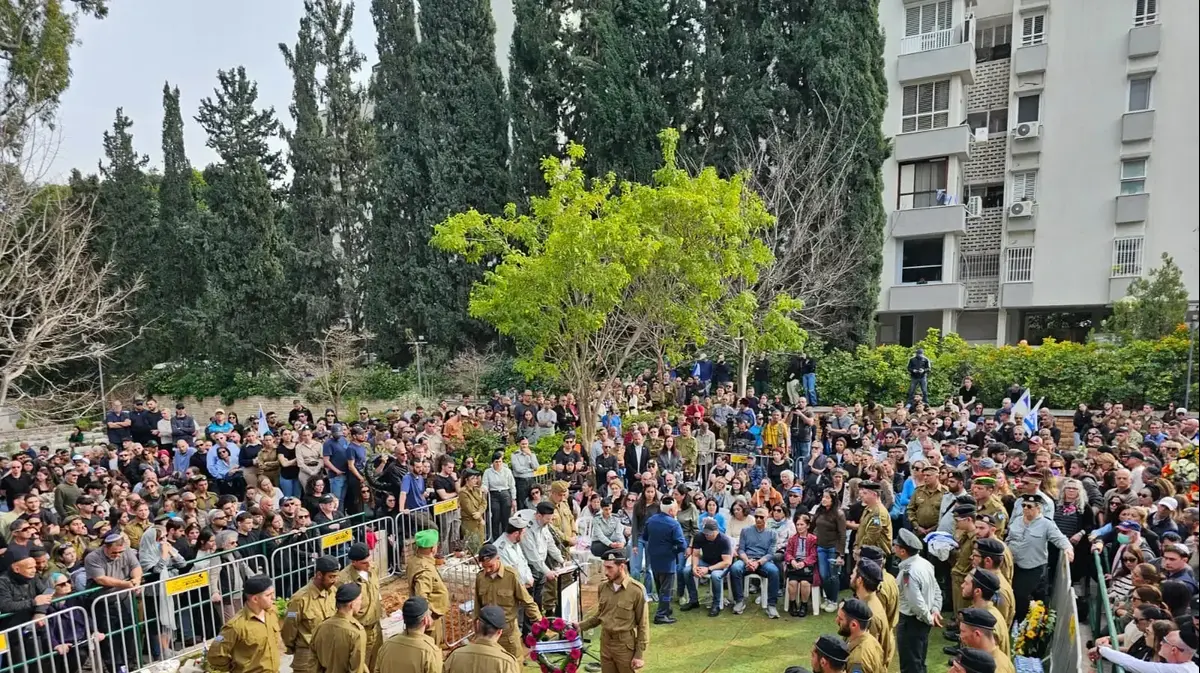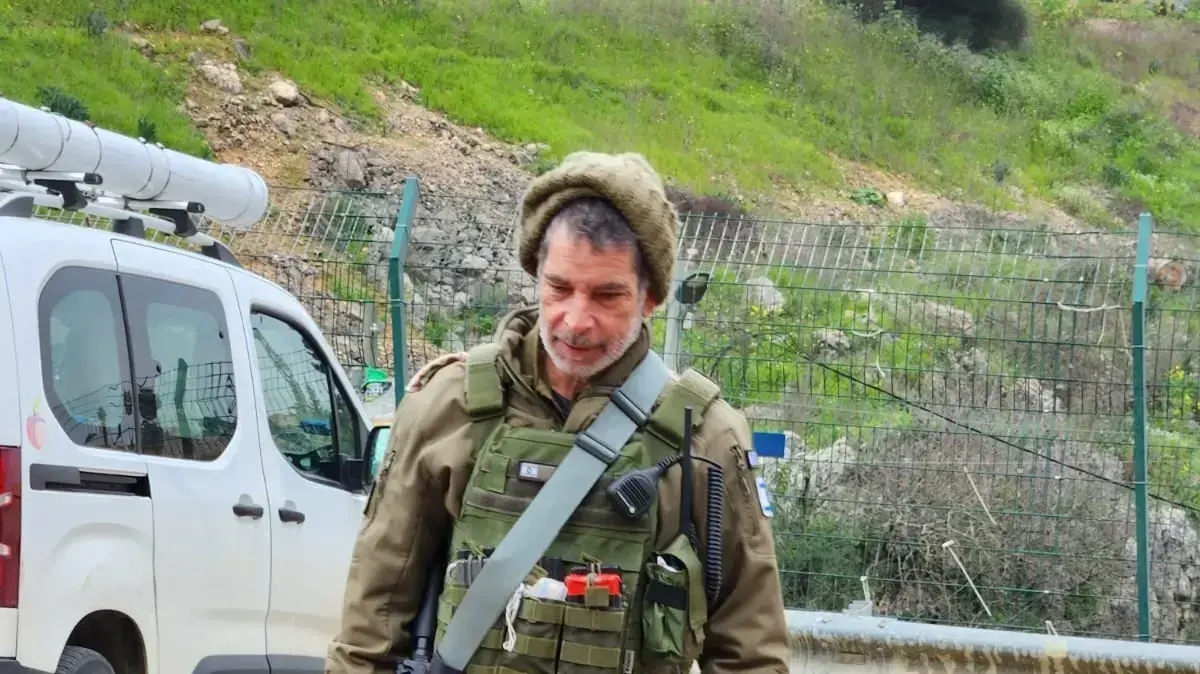Icon: enlarge
Roula el Khoury (left) prepares dinner with her younger sister Rachelle and her mother Samia in the kitchen
On a Saturday afternoon in October, people in Sin el-Fil, a Christian neighborhood in Beirut, do their weekend shopping.
The smog of rusty cars hangs in the stifling, hot air.
On the seventh floor of a new building, Roula el Khoury, 29, helps her mother cook.
The life insurance dealer lives with her parents and her three adult siblings in a four-room apartment.
In Lebanon, it is customary to live at home until you get married.
The women in the kitchen giggle and discuss, while the Lebanese news channel LBCI is playing in the background.
Roula's sister, Rachelle, 20, cuts tomatoes for the tabboule salad, while his mother, Samia, 49, runs over and over to the roof terrace to the second stove, fries the onions.
Icon: enlarge
Roula in the kitchen of the apartment in Beirut where she lives with her parents and three siblings
Roula's father Hanna, 66, a retired engineer, is playing on the cell phone and trying dinner: Moghrabieh, chicken with chickpeas, onions and wheat semolina.
There is also a tabboule salad and makdous, stuffed eggplant.
"In the past we would have cooked at least five dishes on an evening like this," says Roula.
It almost sounds like an apology.
The el Khourys actually love to invite friends, neighbors and relatives.
But since Lebanon slipped into a deep economic and financial crisis in 2019, such dinners have been a luxury for the el Khourys that they can no longer afford, says Roula.
The Lebanese pound lost 80 percent of its value in the past year.
Imported products are priceless for most: a tube of toothpaste costs 20 euros at the official exchange rate.
Icon: enlarge
The el Khoury family: Rani, 20, Roula, 29, Rachelle, 20 (twin sister of Rani), mother Samia, 49, father Hanna, 66 (not in the picture: Rania, 28)
From the dining table of the el Khourys on their roof terrace you can look over the roofs of the Lebanese capital towards the port.
On August 4th, 2,750 tons of ammonium nitrate exploded there.
More than 190 people died, thousands were injured and hundreds of thousands homeless.
On that day, many neighbors gathered at the el Khourys for the last time.
The family is the only one in the house to have a television.
While eating in Beirut, Roula el Khoury talks about her everyday life, what worries, worries and rejoices most - politically, financially and personally.
Icon: enlarge
Rachelle, Roula (center) and mother Samia
Photo: Maria Klenner
Roula el Khoury on the current situation: "Those who are smart and can afford it leave the country"
"Two months ago my country flew in my face. In the truest sense of the word. I drove to my friend's house and suddenly: Boom! I stopped the car, felt a huge pressure wave, then a bang so loud that my heart stopped and chaos broke out around me.
People ran, someone yelled into the phone: 'My father is dead!'
It wasn't until I heard that my family was safe that I could breathe again.
Everyone in Beirut felt the explosion.
It's a collective trauma that we went through.
I have been feeling depressed ever since.
We all feel depressed.
And the government is failing us again.
Those who are smart and can afford it leave the country.
A lot of my friends did just that.
You are now studying in Paris, looking for jobs in Canada.
I would like that too, but I can't afford it.
Besides, the mere thought of leaving Lebanon hurts.
I love my country.
Nowhere in the Middle East is there so much religious and cultural diversity, so much exchange between people.
We can not only live side by side, but actually live together.
With a beer in hand or a water pipe.
I am a Christian, but my boyfriend is Shiite, my best friend is Drusin.
Actually, I am the living example that diversity is possible in the Middle East. "
Icon: enlarge
View from the el Khourys apartment over the roofs of the Sin el-Fil district of Beirut towards the harbor
Politics: "Corona and the explosion have given our country the rest"
"On October 17th, a year ago, I quit my job as a saleswoman for an interior decorator. Coincidentally, that was the day our mass protests began. For three months I marched to Martyrsplatz in the center every evening, and shared 'Thawra' with tens of thousands called - 'Revolution!'.
The government has been mishandling for years, warning us far too late about the forest fires around Beirut.
And then they wanted to introduce taxes on social media and WhatsApp.
We called for the government to resign.
We wanted to show them that we no longer allow ourselves to be treated like animals.
And what have the government and security forces done?
They shot us with tear gas.
One evening my sister Rachelle could hardly breathe, a friend grabbed her and brought her to safety.
Today there is hardly any demonstration;
the corona crisis and the explosion have finished our country.
My little siblings, they are twins, both study at the Lebanese University here in Beirut.
But I fear for the generations to come.
Without a good education you have little chance of a good job, and you can only get that at expensive private schools.
But who can afford it?
The poorer and more illiterate the youth, the easier it is for groups like Hezbollah, the Amal movement or Christian militias to radicalize them.
We saw what this can lead to in the civil war between 1975 and 1990.
Even then, the religious groups in Lebanon fought each other.
It was never about faith.
It was only used to instrumentalize people.
I can feel this talk coming back.
Christians are now saying again: The Shiites are to blame for our misery!
The Shiites say: The Sunnis are controlled by Saudi Arabia!
And so on.
Pure stupidity!
Still, I have hope.
I think that a lot of people don't want to give up this country.
Here you build businesses, start families, demonstrate.
That means: you are ready to fight for it - without weapons. "
Icon: enlarge
Roula in the kitchen
Work and money: "At the moment my sister Rania and I are feeding our family"
"After my job at the interior designer, I worked for the German company Miele, but lost my job again. Nobody can afford imported products anymore.
Now I'm also trying my hand at life insurance, like my sister Rania.
We sell both policies, we are paid on a commission basis.
At the moment we're feeding our whole family, although, actually, it's mostly Rania.
She completed a big job three months ago, and we're living on that $ 4,000.
I don't sell as well as they do yet.
My father retired three years ago.
He toiled as a telecommunications engineer all his life.
There is $ 50,000 in his account, his entire pension.
There won't be more.
But the Lebanese banks refuse to issue dollars.
The reason: otherwise the banking system would no longer be able to cover the national currency with dollars, and the system would collapse.
But the Lebanese pound is no longer worth anything;
it is not worth withdrawing money at the exchange rate.
A kilo of tomatoes, which once cost 1,500 Lebanese pounds, now costs almost five times as much, the equivalent of more than four euros.
And the course is always changing.
Icon: enlarge
Father Hanna on the family roof terrace on the seventh floor
Photo: Maria Klenner
I've actually always counted my family to the middle class.
But since last year, since the country fell into disrepair, things have been worse for us too.
We own our apartment.
But how should everyday life go on when food becomes priceless?
I understand why people here stormed bank branches and set fire to them in the past few months.
It is a crime that the government does not let people access their savings.
Anyway, I wonder if the money is still in the account. "
Icon: enlarge
The el Khourys at dinner
Worries and wishes: "Our worst and our best moments in life often coincide"
"I can't remember the last time I indulged myself in something. Sometime before the revolution last year I bought new jeans. I don't want to complain. But I would like to wash my car again or to be able to pay a visit to the gynecologist, I don't have health insurance.
We Lebanese are resilient: our worst and our best moments in life often coincide.
My parents got married in 1989 when the civil war was still raging in Lebanon.
Besides, my family really stays together.
Those who earn money support the others.
This is our strength.
Nobody would let the others down.
Giving up is just not within us.
That is why I still have hope that we will find the strength to change the country.
You could say: I am a hopeless optimist. "
Icon: enlarge
View over Beirut from the el Khoury family apartment shortly after sunset
Towards the end of dinner, Roula's brother Rani, 20, comes by.
They drink an Arabic coffee, then the father wants to watch the news.
The women clear up and start doing the dishes in the kitchen.
You can sleep in the next day.
They will doze off on the balcony and eat the leftovers of the Moghrabieh before work or university starts again on Monday.
Icon: The mirror
This contribution is part of the Global Society project
What is the Global Society project? Up arrow Down arrow
Under the heading Global Society, reporters from
Asia, Africa, Latin America and Europe
report on injustices in a globalized world, socio-political challenges and sustainable development.
The reports, analyzes, photo series, videos and podcasts appear in the international section of SPIEGEL.
The project is long-term and will be supported by the Bill & Melinda Gates Foundation (BMGF) for three years.
A detailed FAQ with questions and answers about the project can be found here.
What does the funding look like in concrete terms? Up arrow Down arrow
The Bill & Melinda Gates Foundation (BMGF) is supporting the project for three years with a total of around 2.3 million euros.
Is the journalistic content independent of the foundation? Up arrow Down arrow
Yes.
The editorial content is created without any influence from the Gates Foundation.
Do other media have similar projects? Up arrow Down arrow
Yes.
Big European media like "The Guardian" and "El País" have set up similar sections on their news sites with "Global Development" and "Planeta Futuro" with the support of the Gates Foundation.
Have there already been similar projects at SPIEGEL? Up arrow Down arrow
In recent years, SPIEGEL has already implemented two projects with the European Journalism Center (EJC) and the support of the Bill & Melinda Gates Foundation: The "Expedition The Day After Tomorrow" on global sustainability goals and the journalistic refugee project "The New Arrivals", as part of this several award-winning multimedia reports on the topics of migration and flight have been produced.
Where can I find all publications on Global Society? Up arrow Down arrow
The pieces can be found at SPIEGEL on the topic Global Society.








